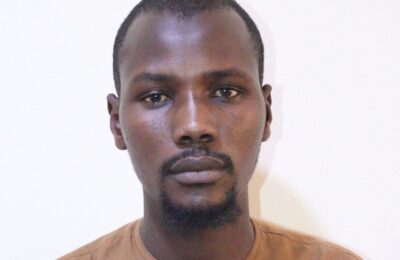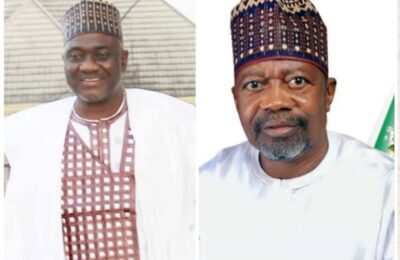Nigeria is living through a moment of rare national candour. A wave of frustration; economic, social, and security-driven has risen from every corner of the country and now presses against the walls of power with unusual force. The presidency, long accustomed to political insulation, now finds itself at the centre of a public reckoning that is both unforgiving and unrelenting.
For many Nigerians, mockery has become a shield against despair. In markets, on buses, in offices, and across social media, satirical commentary about the nation’s leadership has grown into a cultural coping mechanism. Jokes about policies, prices, and presidential statements circulate daily; not out of disrespect, but out of exhaustion. When a society begins to laugh at leadership, it is rarely comic relief; it is often a coded cry for change.
The country’s challenges are not abstract. They are deeply personal. Rising inflation has destabilised household budgets. Food prices have reached historic highs. Salaries dissolve within days. Insurgency and banditry continue to erode public confidence. Travel between states now carries the weight of anxiety. Families leave their homes each day with the quiet hope of returning safely. In many rural communities, fear has become a constant companion.
It is within this climate that the presidency finds itself increasingly scrutinised, questioned, and criticised. Public trust, once taken for granted now feels fragile. In several regions, citizens speak openly about feeling abandoned by the institutions meant to protect them. The presidency is not being criticised alone; it is being held responsible for a national reality that leaves little room for excuses.
Political theorist Dr. Nimi Wariboko once noted that “a government loses its authority the moment citizens lose their belief in its capacity.” That sentiment resonates across Nigeria today. Many Nigerians do not feel protected. They do not feel economically secure. They do not feel heard. And when the gap between leadership and lived experience widens this dramatically, accountability becomes inevitable.
Yet the current moment is not merely a critique of one administration; it is a broader interrogation of governance culture. Nigerians have become more assertive, more engaged, and more willing to demand results. Social media has evolved into a national barometer, capturing discontent with precision. Youths, often underestimated in formal politics, now shape national discourse with a clarity that policymakers cannot ignore.
Nigeria’s political establishment is confronting a reality it did not anticipate: a population that refuses silence. Citizens are naming their struggles. They are documenting their grievances. They are challenging the narratives that once shaped public perception. This shift is profound. When a nation becomes this vocal, political power must read the signs.
The presidency stands at a strategic junction. It can confront the crisis head-on, acknowledge the depth of public dissatisfaction, and chart a path that prioritises security, economic relief, and honest communication. Or it can continue with a posture of distance, hoping the storm will pass on its own. History suggests that storms of this nature rarely fade without consequence.
For all its tension, this moment is also an opportunity. Nations often regenerate at their most vulnerable points. Public outrage, if channelled through meaningful reform, can become a catalyst for renewal. But if ignored, it can harden into disillusionment; an emotion far more difficult to reverse.
Nigeria is demanding clarity, competence, and courage. It is calling for leadership that engages rather than retreats. For governance that listens rather than assumes. And for a presidency that understands the seriousness of the hour.
The question now is not whether public anger exists; it is whether the presidency recognises the depth of what it faces.
Because once a nation reaches this level of collective frustration, it rarely turns back without concrete, visible change.
And in today’s Nigeria, that demand is unmistakable.
– Inah Boniface Ocholi writes from Ayah – Igalamela/Odolu LGA, Kogi state.
08152094428 (SMS Only)




